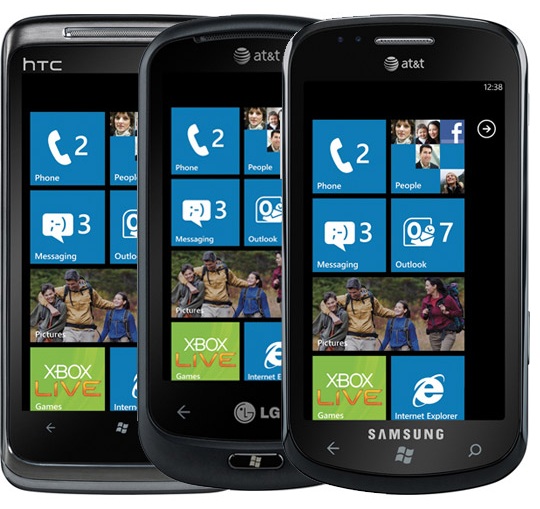 NEWS
NEWS
 NEWS
NEWS
 NEWS
NEWS
![]() China’s smartphone market has been steadily growing. Though some may argue that the pace is slow compared to other markets such as in the US or EU, one cannot deny the fact that that smartphone market in China can grow as big as its population.
China’s smartphone market has been steadily growing. Though some may argue that the pace is slow compared to other markets such as in the US or EU, one cannot deny the fact that that smartphone market in China can grow as big as its population.
In 2011, smartphone shipments in China started to overtake that of the US and because of local Chinese brands such as ZTE, Huawei and Xiaomi, smartphone adaptation has been made much easier. Xiaomi was able to sell seven million units last year without a budget for advertising their products and the company expects that number to double this year. Xiaomi CEO Bin Lin states that their success is attributed to good old fashioned honesty – they tell people the good and bad side of their products and what they intend to do with the bad side like how they’ll be improving those in future devices. This just shows how lucrative the Chinese smartphone market is.
But does everyone know important this market is?
According to InMobi’s App Discovery & Download Behavior Report: US vs. China, app developers are failing to see how important the Chinese mobile market is due to cultural barriers, piracy concerns and the fragmented app distribution ecosystem.
If you look at what the Chinese market has to offer, I’m sure app developers will see it in a new light. According to the report, there are now more smartphones in China than in the US, and Chinese smartphone owners are more likely to download higher volume or apps, at 36 percent, compared to US smartphone owners only at 16 percent. Also, Chinese smartphone users are more proactive in searching for new apps compared to those Stateside.
But there’s one category where US smartphones users trump the Chinese: mobile ads. US users are 65 percent more receptive to mobile ads while only 49 percent of Chinese users are receptive to mobile ads. Though the US has a higher number in this category, 49 percent isn’t bad and that number is likely to increase as more people move from feature phones to smartphones.
If app developers are failing to see how lucrative the Chinese market is, payments processing companies are already eyeing the market as they see a huge potential not only for them, but for app developers as well. Fortumo knows that not everyone with a smartphone has a credit card or an access to one so they’re bringing apps to Brazil and China via mobile billing, as in paid app purchases will be reflected on a user’s monthly bill, no need for a credit card. This stems from the fact that there are fewer credit card holders than smartphone owners. If a piece of plastic limits a person’s ability to enjoy apps, then Fortumo has failed to deliver proper service to consumers. ZooZ, the in-app payments solution, also sees China as a rich market and will be utilizing Fortumo to deliver in-app purchasing via mobile billing to areas where credit card ownership is not very common.
These payments processing companies know that each market is different and it is up to them to adjust to the market and not let the consumers make the changes. App developers should take note of their efforts. The plan has already been laid out, it’s up to them to deliver the content to app consumers.
“Clearly, there are factors in each market that shape user behavior and developers looking to succeed in China need to be sensitive to these market differences,” Crid Yu, VP & MD of North America at InMobi, says. “In China, we see much higher levels of downloads and a more proactive approach to app discovery. US Developers need to understand the drivers behind such behaviors and leverage the opportunity well to succeed in this market.”
If others are seeing China as the market to focus on, Huawei is looking the other way. According to the company, though the US has banned them from selling infrastructures to US carriers for fear of cyber espionage, it still believes that its smartphones will one day be bigger than Apple and Samsung in the US. People just need to learn how to trust their brand.
THANK YOU